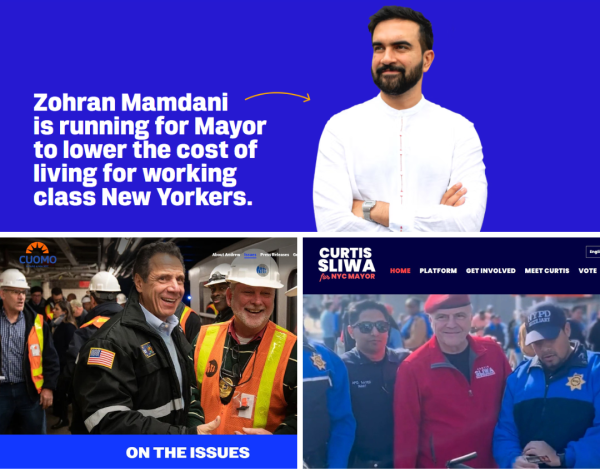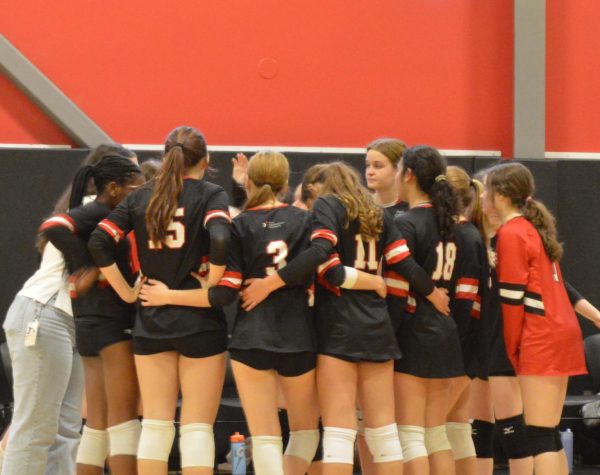Why Democrats Need to Start Paying Attention to Rural America
Ian B.’22 @ianbker on Instagram
Democrats have focused heavily on urban areas for recent elections. Read more to find out why rural areas will be of the utmost importance in the coming elections.
Why Democrats Need to Start Paying Attention to Rural America
Joe Biden has beaten Donald Trump in the 2020 presidential election. Many anticipated that the way racial demographics voted would be one of the most important factors securing either candidate’s victory; however, that has not proven to be the case. In fact, according to The Washington Post, compared with the 2016 election, the Democratic party lost two percent of Black voters, one percent of Hispanic/Latino voters, and four percent of Asian voters in 2020.
The two demographics that proved to be the most important and the most divisive, however, were urban and rural Americans. Biden was able to win the 2020 election by building off of Hillary Clinton’s 2016 lead in urban and densely populated areas. This was key in swing state cities like Milwaukee, Philadelphia, and Atlanta. The Atlantic writer Derek Thompson describes this phenomenon as “density and diplomas,” as college-educated voters also tend to vote Democrat. Biden, however, was not able to gain voters in rural areas. Economist Jed Kolko tweeted a graph that shows Democrats lost several points in non-metropolitan areas compared to 2016.
While targeting larger urban areas may help Democrats win future presidential elections, it certainly won’t help them win the Senate and the House. Democrats weren’t able to retake the Senate this year and lost a significant amount of House seats, although most polls predicted the opposite happening. While the Electoral College will offer an advantage to Republicans in future elections as more people move to big cities, it gives no excuse for Democrats to complain about the rules. This is still a game that they can win.
The problem is that Democrats aren’t playing the long term game. Wisconsin, a state Trump won in 2016, may be able to stay blue after Joe Biden flipped it in the 2020 election, but this covers up internal problems Democratic politicians may face in the future. “The Fall of Wisconsin” by Dan Kaufman highlights how Trump won Wisconsin in 2016, a state that hadn’t gone red since 1984. In short, a perfect storm came, Republican think tanks had their eyes on Wisconsin for years and were able to cause enough resentment among blue collar workers against big city people to swing the state red. What didn’t help Democrats was that Hillary Clinton didn’t campaign in the state at all. Joe Biden was able to win back Wisconsin by holding rallies and spending nearly 63 million in TV ads, according to NPR. Geographically speaking, Biden was able to win Wisconsin by beating Clinton’s numbers in large urban centers like Milwaukee. This may be the key to winning the presidential race, but it leaves more work for Democrats running for Congress seats in less urban, but more Republican areas.
A step in the right direction for Democrats is to not only talk about rural American’s problems, but also doing something about them. A good example of what not to do is what Obama said in 2007, “Understand this: If American workers are being denied their right to organize and collectively bargain, when I’m in the White House, I’ll put on a comfortable pair of shoes myself. I’ll walk on that picket line with you, as president of the United States of America.” Unfortunately, Obama broke that promise. In 2011, protests were held in the capitol of Wisconsin in Madison due to Scott Walker’s proposed Act 10, which threatened union workers’ ability to collectively bargain. 100,000 people protested, many of whom skipped work, and Obama was nowhere to be found.
In Joe Biden’s first state of the union, he needs to mention rural Americans and the problems they face today, for the sake of the future of the Democratic party. This is critical not only for the sake of future elections, but also to give real attention to a demographic that has been targeted through dog whistles by Republicans, and neglected altogether by Democrats.
Charlie is a senior at BASIS Independent Brooklyn with a love for football and basketball. Recently, he has shifted his interests to politics and journalism....












